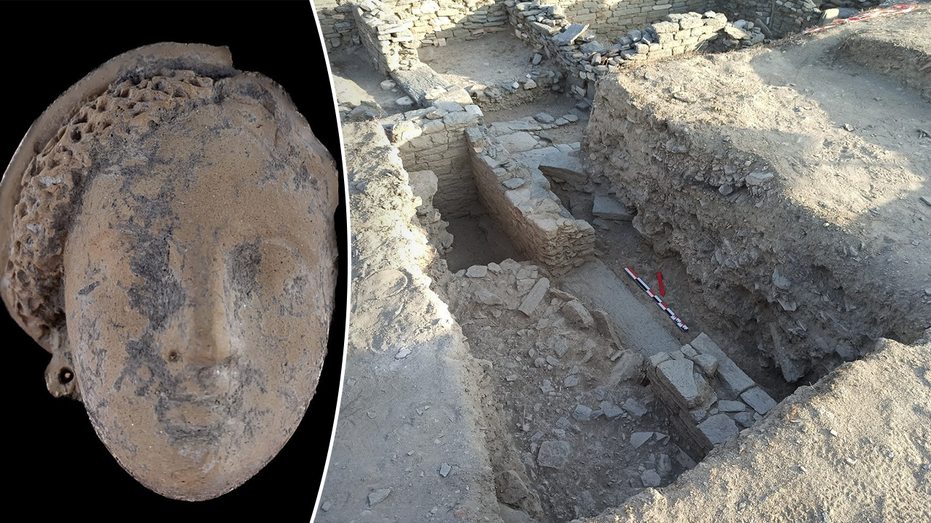Archaeologists Discover Ancient Greek Workshop with Unfinished Sculptures on Island of Greece
Ancient workshop unearthed on Paros reveals unfinished sculptures and artifacts from Greece’s Classical era.

Archaeologists have announced a significant discovery on the Greek island of Paros after excavating an ancient workshop, revealing a remarkable collection of unfinished artifacts and preserved architecture. The excavation, conducted at the Floga archaeological site, has shed new light on the continuous use and multifaceted history of this area, which dates back to the Classical period.
Recent investigations at the site unearthed new architectural remains—some of which were constructed atop even older structures. According to researchers, this layering demonstrates extended habitation and activity from the late 5th to the 4th century BC. Among the most notable finds are eating vessels, storage containers, and household items, all testifying to the workshop’s residential use during one of Ancient Greece's most influential eras.
One of the most striking aspects of the discovery is the uncovering of additional rooms within the workshop complex. Archaeologists noted that these spaces were surprisingly well preserved, with walls still standing at an impressive height. This level of structural integrity offers invaluable insight into ancient construction techniques and daily life at the time.
The artifacts themselves have drawn considerable attention from experts. The trove includes semi-finished marble sculptures—primarily depictions of Aphrodite—as well as clay heads, molds, stamps, and a vast quantity of pottery fragments. The presence of both utilitarian wares and art objects suggests the site functioned as more than just a residence; it served as an active center for sculpture production.
Further supporting this interpretation is the discovery of a room identified as an andron, or men’s room, complete with a pebble floor and walls adorned with painted imitation marble slabs. Such artistic features align closely with what might be expected in a dwelling of status, but the abundance of marble chips and unfinished sculptures found strewn across a courtyard points directly to the site’s evolution into a specialized sculpture workshop by the end of the third century B.C.
This latest excavation contributes to a growing body of evidence highlighting the dynamism and adaptability of ancient Greek settlements. In recent years, discoveries ranging from ancient lecture halls to sunken shipwrecks have further illustrated the enduring legacy of Greek civilization and its influence on art, education, and commerce.
Experts say the Paros findings offer not only a window into the day-to-day life and craftsmanship of ancient Greeks but also a unique opportunity to study the continuity and transformation of space over centuries. As research continues, archaeologists anticipate that lessons learned from sites like Floga will deepen our understanding of the interplay between domestic life and artistic production in antiquity.




